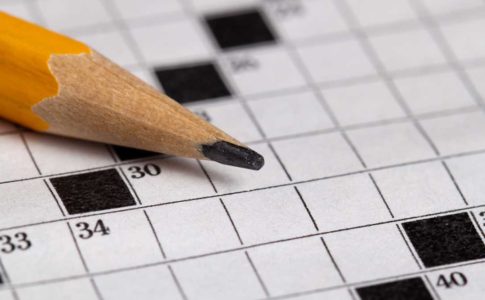Drummers are great at working the big stuff: playing rolls faster, learning new ridiculously named flam rudiments, etc. But they often struggle when it comes to the little stuff.
Here are a few things you should try and pay more attention to the next time you’re working by yourself or with your drum line.
Attacks and Releases
The beginning and ending of a phrase are critical to any musical passage but tend to be much weaker than the “guts” in the middle. Really hyper-focus on your attacks and make them aggressive—not necessarily loud, but aggressive.
For your drum line to play clean attacks at the beginning of phrases, everyone needs to approach the drum in the same way. And it is infinitely easier to clean an attack when everyone is “going for it” as opposed to just throwing a stick at the head.
Similarly do not give away a great passage by rushing to the release. So often I hear drum lines play a clean roll and then tick the last diddle going into the release. Staying focused and driving through to the release will make an immediate impact on your drum line’s sound.
Buzz Rolls and Rim Shots
These are both easy, right? Nope, guess again.
“Easy stuff” like buzz rolls require everyone to apply a uniform pressure on the stick, so that individual players do not pop out of the sound. Likewise make sure to define whether every buzz roll is sixteenth note or triplet based. Without that definition, the likelihood of releasing the end of the buzz roll together is very small.
As for rim shots, there are always many interpretations as to where to play the stick on the head/rim as well as the amount of energy to put into the shot. Rim shots are something we all love, but your instructors and judges will love them more if there’s a uniform sound and approach to them.
Uniformity in Appearance
Finally always take care of the small aspects of your drum line’s appearance. The little things like clean drums, even intervals, well-taped sticks and level drum heights all add up to make a big difference in how your ensemble is perceived.
About the Author
Lane Armey is the battery percussion coordinator for Homestead High School in Cupertino, Calif. During the past 10 years, he has worked with various groups including Northwestern University and the Bluecoats Drum and Bugle Corps.


